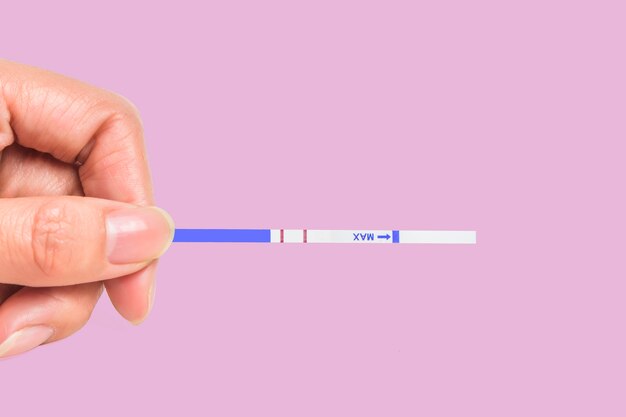What is Insulin Sensitivity?

Insulin sensitivity refers to how effectively the body’s cells respond to insulin, a hormone produced by the pancreas. Insulin plays a vital role in regulating blood sugar (glucose) levels by facilitating the uptake of glucose into cells for energy, when cells are less sensitive to insulin, the body may struggle to manage blood sugar effectively. Insulin sensitivity plays an important role in maintaining balanced blood sugar levels and overall metabolic health. When the body becomes less responsive to insulin, it can lead to various health issues, including diabetes. Describing the role of insulin in our body, Dr Sumeet Nigam, general physician from Sahara Hospital, Lucknow says, “it is an essential hormone that helps to control blood sugar levels in your body. When the pancreas has high blood sugar it makes more insulin that brings back the blood sugar to place. Insulin producing cells can get damaged resulting in nerve damage if it happens for long. It is also a major cause of type-2 diabetes. High blood sugar is very risky and can have threatening consequences. However insulin levels can be balanced by regulating your diet and making some changes in routine.
Symptoms of Insulin Sensitivity Issues

Have you wondered what are the symptoms of insulin sensitivity? Read on to know about the symptoms.
– People with insulin sensitivity issues may experience frequent hunger even shortly after eating.
– Fluctuating blood sugar levels can lead to feelings of fatigue and low energy.
– The body tries to eliminate excess glucose through increased urine production, leading to increased thirst and frequent urination.
– Insulin resistance is often associated with weight gain, particularly around the abdominal area.
– Difficulty Losing Weight: Despite efforts to maintain a healthy diet and exercise, individuals with insulin sensitivity issues may find it challenging to lose weight.
Risk Factors for Insulin Sensitivity Issues

– Obesity: Excess body weight, especially around the abdomen, is a significant risk factor for insulin resistance.
– Physical Inactivity: Sedentary lifestyles contribute to insulin resistance. Regular physical activity helps improve insulin sensitivity.
– Unhealthy Diet: Diets high in processed foods, sugary beverages, and saturated fats can contribute to insulin resistance.
– Genetics: Family history plays a role, and individuals with a family history of diabetes or insulin sensitivity issues may be at a higher risk.
– Age: Insulin sensitivity tends to decrease with age, making older individuals more susceptible.
– Medical Conditions: Certain medical conditions, such as polycystic ovary syndrome (PCOS) and cardiovascular disease, are linked to insulin sensitivity issues.
– Sleep Deprivation: Inadequate sleep can negatively impact insulin sensitivity, increasing the risk of developing issues.
Preventive Measures for Insulin Sensitivity Issues
– Healthy Eating Habits: Adopt a balanced diet rich in whole foods, including fruits, vegetables, lean proteins, and whole grains.
– Regular Exercise: Engage in regular physical activity, including both aerobic exercises and strength training, to improve insulin sensitivity.
– Maintain a Healthy Weight: Achieving and maintaining a healthy weight reduces the risk of insulin sensitivity issues.
– Adequate Sleep: Prioritise quality sleep to support overall metabolic health.
– Stress Management: Chronic stress can contribute to insulin resistance, so incorporating stress-reducing activities like meditation or yoga is beneficial.
When to Seek Medical Attention
If you experience persistent symptoms associated with insulin sensitivity issues or have multiple risk factors, it’s important to consult with a doctor. They can conduct tests, such as fasting blood sugar or oral glucose tolerance tests, to assess insulin sensitivity and determine the appropriate course of action.
Insulin sensitivity is an important aspect of metabolic health, influencing how the body manages blood sugar. Recognising symptoms and understanding risk factors can empower individuals to take proactive steps through lifestyle modifications to improve insulin sensitivity, ultimately promoting long-term well-being and reducing the risk of developing conditions like type 2 diabetes. If in doubt, seeking professional medical advice is essential for accurate diagnosis and personalised guidance.







